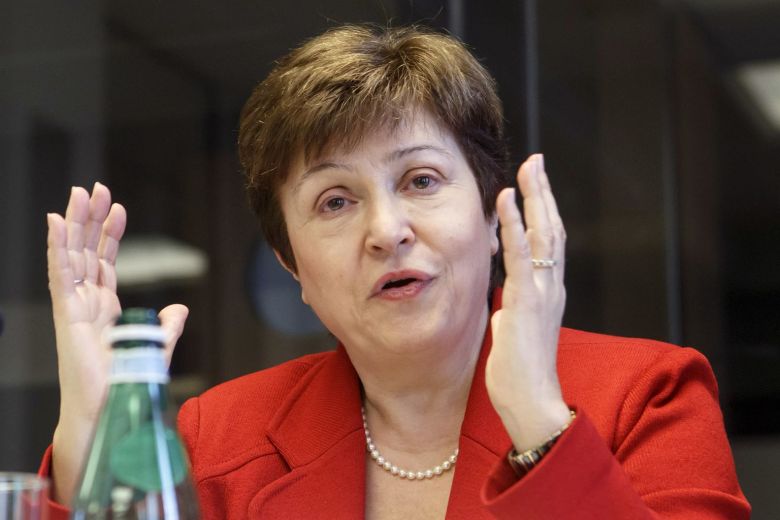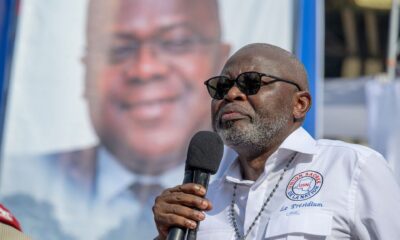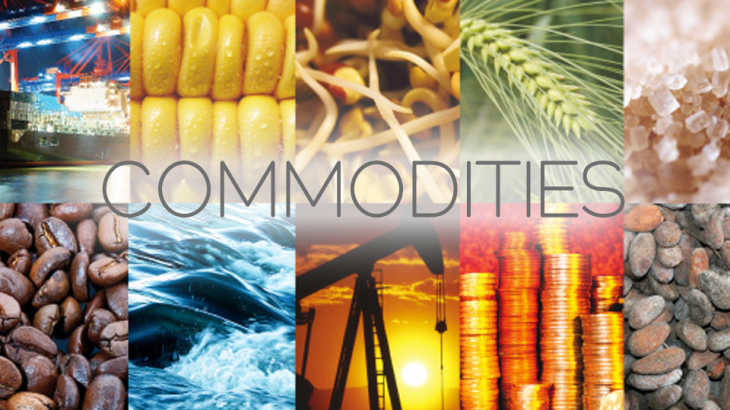Markets
Coronavirus – Africa: IMF Staff Completes Staff Visit to Senegal

Energy
Port-Harcourt Refinery Set to Commence Operations by July End, IPMAN Discloses
Commodities
Nigeria Spends $2.13bn on Food Imports in 2023
Crude Oil
NNPCL CEO Optimistic as Nigeria’s Oil Production Edges Closer to 1.7mbpd
-

 Naira4 weeks ago
Naira4 weeks agoDollar to Naira Black Market Today, April 24th, 2024
-

 Naira4 weeks ago
Naira4 weeks agoDollar to Naira Black Market Today, April 22nd, 2024
-

 Travel4 weeks ago
Travel4 weeks agoSaudi Arabia Breaks 70-Year Alcohol Ban, Opening Shop for Diplomats
-

 Naira3 weeks ago
Naira3 weeks agoDollar to Naira Black Market Today, April 30th, 2024
-

 Jobs4 weeks ago
Jobs4 weeks agoJob Cuts Hit Tesla: More Than 6,000 Positions Axed Across Texas and California
-

 Naira4 weeks ago
Naira4 weeks agoDollar to Naira Black Market Today, April 25th, 2024
-

 Investment4 weeks ago
Investment4 weeks agoMinister Accuses Past NCDMB Leadership of Squandering $500m on Unproductive Projects
-

 Travel4 weeks ago
Travel4 weeks agoDelta Air Lines Flight Diverts to Togo After Passenger Dies Midair


























